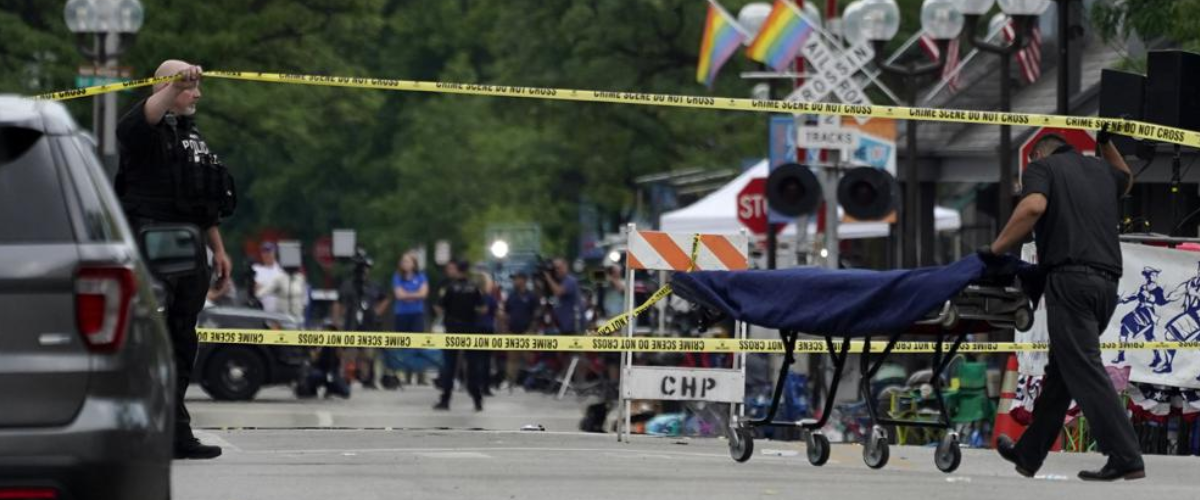The most recent July 4th is one that will be remembered grimly in history. As many of you have likely heard by now, a public shooting occurred during a Fourth of July parade in Highland Park, Illinois. But as it turns out, the tragic event could have been avoided, had law enforcement enacted the state’s “Red Flag” law.
On July 4th, 2022, a parade was being held at Highland Park, Illinois. The event was abruptly ended after 21 year old Robert Crimo III fired upon the observing crowd from a rooftop with a “high powered rifle.” The shooting resulted in 7 dead and 30 injured. After some investigation, Crimo was located and arrested about 5 miles from the scene.
Crimo’s actions, however, were not out of nowhere. The shooter had an established history of violence toward both himself and others, according to Highland Park police records. Two times in 2019, the police were called to the shooters home. The first was in regards to an attempted suicide, and the second was after he had threatened to “kill everyone” in his family. Then in early 2020, police had responded to a threat report that resulted in the seizure of 6 knives, a sword and a dagger from Crimo’s home.
Both instances qualified for enacting something Illinois has called a “Red Flag” law. When enacted, it would allow law enforcement to seek a restraining order against an individual, preventing them from being able to purchase a firearm for anywhere between two weeks to six months. That time can then be spent to observe the individual and gather the necessary evidence for extending the order for longer periods of time.
Instead, four months after the seizure event, Highland Park police approved him for a firearms permit. They did not consider him a danger, claiming that “when police went to the home and asked the individual if he felt like harming himself or others, he responded no.”
Crimp’s internet activity has also been brought to light, where they participated in chatrooms centered around violent acts and scenery. They also produced rap music and videos, often showing themes of engaging in acts of violence in public settings. Christopher Covelli, deputy chief of the Lake County Sheriff’s Office, told reporters that “we were not made aware of these videos.”
In many ways, there could not have been a more clear and obvious collection of red flags that Crimo was unfit to be trusted with a firearm. And yet, he was able to easily and legally acquire the rifle used in the July 4th shooting. The systems that the state of Illinois has in place for gun regulation were almost entirely disregarded, with the only supporting reason being “he said he wasn’t dangerous.”
We understand the importance of maintaining a citizen’s freedom to own a firearm. But it doesn’t mean anything if law enforcement won’t use the tools provided to them to keep its people safe from mass shooters like this. And until everyone understands that, this will keep happening.

